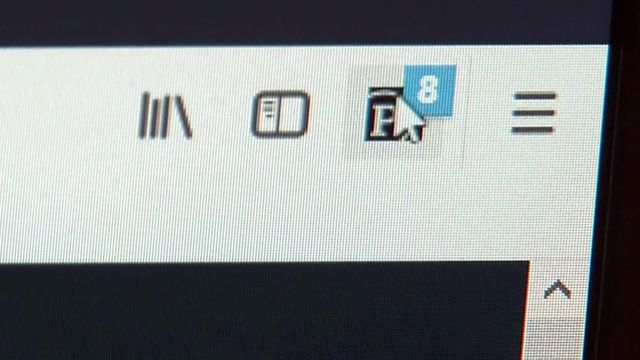How you can help track political ads on Facebook
We've teamed up with ProPublica to promote its Facebook Political Ad Collector, a free browser plugin that enables users to automatically send political ads on their Facebook pages to a database.
Posted — UpdatedDigital advertisers now wield enormous control over which users to target and how to tweak their messages – with few rules for disclosure.
To track this online advertising – and open up this shadowy world of influence for all to see – we need your help.
"The nature of online advertising is such that ads appear on people’s screens for just a few hours, and are limited to the audience that the advertiser has chosen. So, for example, if an advertiser micro-targets a group such as 40-year-old female motorcyclists in Nashville, Tennessee, (Facebook audience estimate: 1,300 people) with a misleading ad, it’s unlikely anyone other than the bikers will ever see those ads."
But the ad targeting data the plugin gathers from each ad in the coming months (which includes general categories like age and location) will help us learn more about how political campaigns target Facebook users, especially in North Carolina, and will empower deeper reporting about how these groups – on the left and the right – wage their war of influence online.
How well this all works depends on you.
The more of you who download and deploy the plugin, the more data we'll be able to gather, and the more political ads we'll be able to analyze, fact check and investigate.
So, if you're a Facebook user, join us in our effort to bring more transparency to online advertising and help us provide more meaningful reporting about campaign ad spending to our community. Download and install the plugin for Chrome and Firefox today and get tracking.
Related Topics
• Credits
Copyright 2024 by Capitol Broadcasting Company. All rights reserved. This material may not be published, broadcast, rewritten or redistributed.






